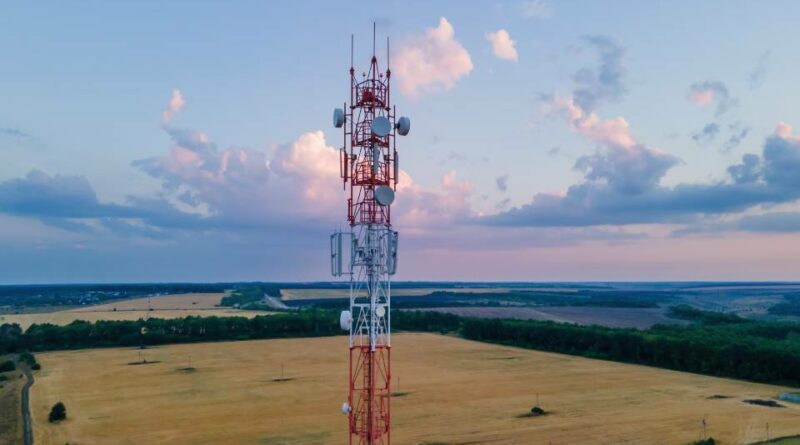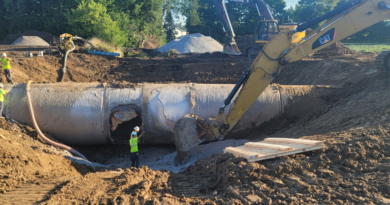Broadband Infrastructure is Boosting Economic Growth and Cities
President Biden committed to connecting every household in America by 2030, as part of his Internet for All initiative, deploying over $80 billion in federal funding to expand access to affordable, reliable, high-speed internet across the country.
The Affordable Connectivity Program (ACP) is core to the success of providing high speed internet. This provides qualifying households with up to $30 per month (or $75 per month for households on qualifying Tribal Lands) off their internet bill.
According to The White House, The ACP is the largest and most successful internet affordability program in our nation’s history, with over 23 million households enrolled—one in every six households. Because the Administration worked with internet providers to offer high-speed internet plans that are fully covered by the Affordable Connectivity Program, most of these 23 million households have received high-speed internet for free.
Without further funding from Congress, the Affordable Connectivity Program will expire today. This expiration would increase the price of internet for the more than 23 million households enrolled in the program with significant economic implications. That 23 million includes nearly 11.5 million military families, 4 million seniors, 5.75 million African American households, 5.75 million Latino households, and 320,000 households on Tribal lands. Many families would lose internet all together—a recent FCC survey found that more than three-quarters of respondents would have their service disrupted by losing their ACP benefit. Depriving these families of this funding would leave them without money to spend on other necessities like groceries, education, or healthcare. In some states like Kentucky, Ohio, and Nevada, one in four households are enrolled.



